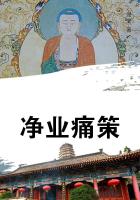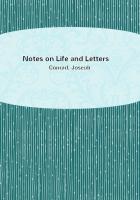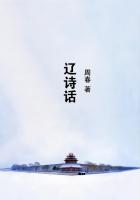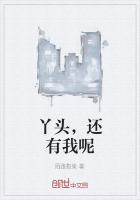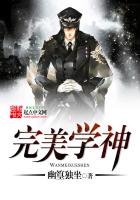Good Brother Thomas represented the purest ideals of the Middle Ages. Surrounded on all sides by the forces of the victorious Renaissance, with the humanists loudly proclaiming the coming of modern times, the Middle Ages gathered strength for a last sally. Monasteries were reformed. Monks gave up the habits of riches and vice. Simple, straightforward and honest men, by the example of their blameless and devout lives, tried to bring the people back to the ways of righteousness and humble resignation to the will of God. But all to no avail. The new world rushed past these good people.
The days of quiet meditation were gone. The great era of "expression" had begun.
Here and now let me say that I am sorry that I must use so many "big words." I wish that I could write this history in words of one syllable. But it cannot be done. You cannot write a text-book of geometry without reference to a hypotenuse and triangles and a rectangular parallelopiped. You simply have to learn what those words mean or do without mathematics. In history (and in all life) you will eventually be obliged to learn the meaning of many strange words of Latin and Greek origin. Why not do it now?
When I say that the Renaissance was an era of expression, I mean this: People were no longer contented to be the audience and sit still while the emperor and the pope told them what to do and what to think. They wanted to be actors upon the stage of life. They insisted upon giving "expression" to their own individual ideas. If a man happened to be interested in statesmanship like the Florentine historian, Niccolo Macchiavelli, then he "expressed" himself in his books which revealed his own idea of a successful state and an efficient ruler. If on the other hand he had a liking for painting, he "expressed" his love for beautiful lines and lovely colours in the pictures which have made the names of Giotto, Fra Angelico, Rafael and a thousand others household words wherever people have learned to care for those things which express a true and lasting beauty.
If this love for colour and line happened to be combined with an interest in mechanics and hydraulics, the result was a Leonardo da Vinci, who painted his pictures, experimented with his balloons and flying machines, drained the marshes of the Lombardian plains and "expressed" his joy and interest in all things between Heaven and Earth in prose, in painting, in sculpture and in curiously conceived engines. When a man of gigantic strength, like Michael Angelo, found the brush and the palette too soft for his strong hands, he turned to sculpture and to architecture, and hacked the most terrific creatures out of heavy blocks of marble and drew the plans for the church of St. Peter, the most concrete "expression" of the glories of the triumphant church. And so it went.
All Italy (and very soon all of Europe) was filled with men and women who lived that they might add their mite to the sum total of our accumulated treasures of knowledge and beauty and wisdom. In Germany, in the city of Mainz, Johann zum Gansefleisch, commonly known as Johann Gutenberg, had just invented a new method of copying books. He had studied the old woodcuts and had perfected a system by which individual letters of soft lead could be placed in such a way that they formed words and whole pages. It is true, he soon lost all his money in a law-suit which had to do with the original invention of the press. He died in poverty, but the "expression" of his particular inventive genius lived after him.
Soon Aldus in Venice and Etienne in Paris and Plantin in Antwerp and Froben in Basel were flooding the world with carefully edited editions of the classics printed in the Gothic letters of the Gutenberg Bible, or printed in the Italian type which we use in this book, or printed in Greek letters, or in Hebrew.
Then the whole world became the eager audience of those who had something to say. The day when learning had been a monopoly of a privileged few came to an end. And the last excuse for ignorance was removed from this world, when Elzevier of Haarlem began to print his cheap and popular editions. Then Aristotle and Plato, Virgil and Horace and Pliny, all the goodly company of the ancient authors and philosophers and scientists, offered to become man's faithful friend in exchange for a few paltry pennies. Humanism had made all men free and equal before the printed word.

